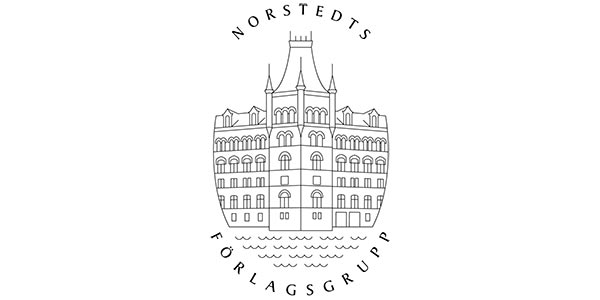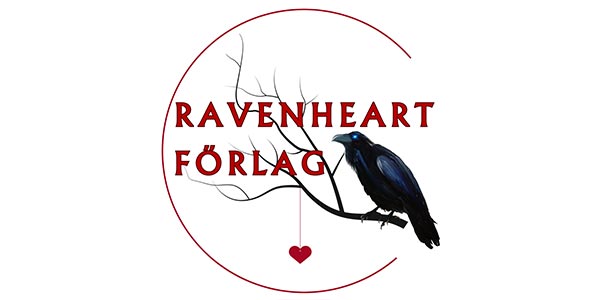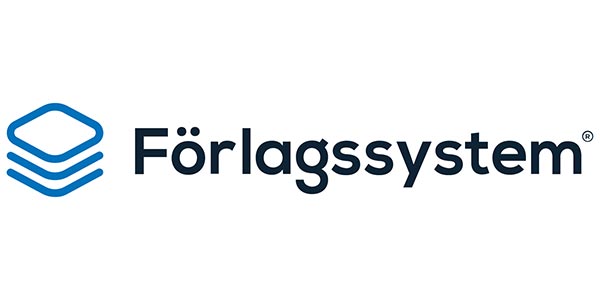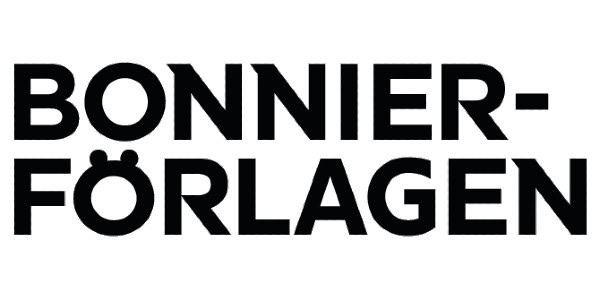
Learning to argue in primary school : a sociocultural study of group discussions with argumentative tasks

| Serie | Gothenburg Studies in Educational Sciences (488) |
|---|---|
| Författare | |
| Förlag | Acta Universitatis Gothoburgensis |
| Genre | Pedagogik |
| Format | Häftad |
| Språk | Engelska |
| Antal sidor | 179 |
| Vikt | 530 gr |
| Utgiven | 2024-09-20 |
| SAB | Eaby |
| ISBN | 9789179631796 |
The learning and development of argumentation as a social practice is considered to be fundamental for living in democratic societies. The purpose of this thesis is to contribute to the growing literature on children’s argumentation, specifically in group discussions with argumentative tasks in the context of civic education. With the aim of characterizing children’s argumentation and the framing of the study with a sociocultural perspective on learning and communication, the design can be described as explorative and observational. The data consist of video recordings of group discussions of 9- to 10-year-old children in Germany, as part of the subject Sachunterricht which entails civic education. For the purpose of studying group discussions as an argumentative activity, tasks were designed in cooperation with Sachunterricht teachers. The two tasks are concerned with democratic concepts (equality/equity and Children’s rights) and present a problematic situation to the children, who are asked to give reasons for their opinions and come to a joint solution. The thesis contains three empirical studies which pose distinct but related research questions about (1) the handling of task premises, (2) changes in a focus child’s argumentative participation, and (3) a comparison between linguistically differently prompted groups. The findings show that the children handle the task premises dynamically; arguing within the premises, outside the premises, and questioning the premises. Further, the findings show quantitative and qualitative changes in the focus child’s argumentative participation which is interpreted as microgenetic development. Lastly, the findings show a comparable language use across the differently prompted groups. The findings are discussed in terms of their contribution to the research field, implications for practice, as well as theoretical and philosophical notions of learning and education for democracy.






















